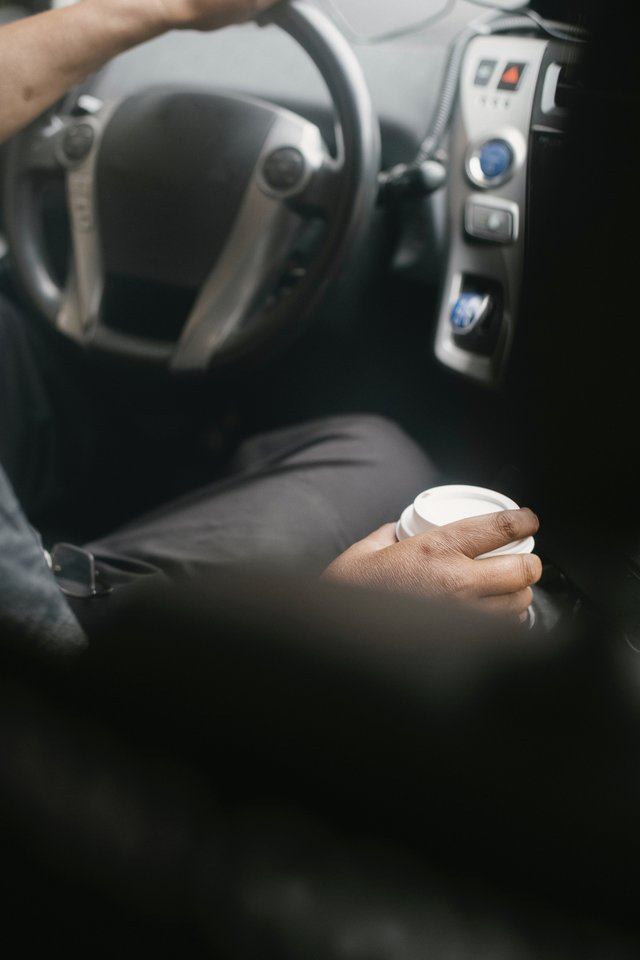
Drinking and driving is a dangerous combination and anyone who values their license and the safety of themselves and others avoids driving after a boozy night out. But what about the morning after? The truth is that it may take more than a few hours sleep to totally rid your system of alcohol.
Working out When it's Safe to Get Behind the Wheel
How many hours after drinking can you drive? It's a simple enough question but there are several factors that influence the answer. The three most important points to consider are:
• How much you've drunk
• Over what period of time
• Your gender, build and metabolism
It's also important to know what the legal limits for driving are in your country. In Australia, the legal limit for experienced drivers is 0.05 blood alcohol concentration (BAC). Learners and probationary drivers are only allowed to drive when their BAC is 0.00.
- 𝙃𝙤𝙬 𝙢𝙪𝙘𝙝 𝙮𝙤𝙪 𝙝𝙖𝙫𝙚 𝙙𝙧𝙪𝙣𝙠
Alcohol intake is measured in units, one unit is equivalent to around one 375ml can of mid-strength 3.5% beer, about 100 ml of wine at 12%, or a single 30 mg measure of spirits. So far, so good, but since wine is generally served in far larger glasses than 100 ml, some beers are stronger than 3.5%, and spirits are often drunk as doubles it's easy to lose track of units.
- 𝙏𝙞𝙢𝙚𝙛𝙧𝙖𝙢𝙚
If you drink faster than your body can break down alcohol, your blood alcohol level will rise. Drinking on an empty stomach will lead to you absorbing alcohol more quickly, but eating won't change the amount of alcohol that enters your system, just the speed with which it does so.
𝙒𝙝𝙖𝙩 𝙝𝙖𝙥𝙥𝙚𝙣𝙚𝙙 𝙖𝙛𝙩𝙚𝙧 𝙙𝙧𝙞𝙣𝙠𝙞𝙣𝙜
Alcohol enters the bloodstream and starts to be broken down in the liver. People often ask 'how long does it take to process alcohol'. The broad answer of one unit per hour is fairly well-known. Generally speaking, men break down alcohol more quickly than women and people with a larger build may absorb more into fatty tissues which will be released back into the blood over time. Individual metabolism rates vary and any degree of liver disease will reduce the capacity of the body to break down alcohol.
A Concrete Example
Let's imagine you're a learner or probationary driver. You've had a drink or two and your current BAC is 0.05. You need to totally eliminate all alcohol from your system before you're OK to drive. How long after drinking can you pass a breathalyser test? Using the most accurate calculations available the answer is likely to be around three and a half hours. Following on from this it's easy to
see that even experienced drivers need to exercise a large degree of caution about driving the morning after a nights drinking.
The best advice is to alternate alcoholic drinks with soft, switch to alcohol-free drinks before the end of the evening and if in doubt take the train, bus or taxi.